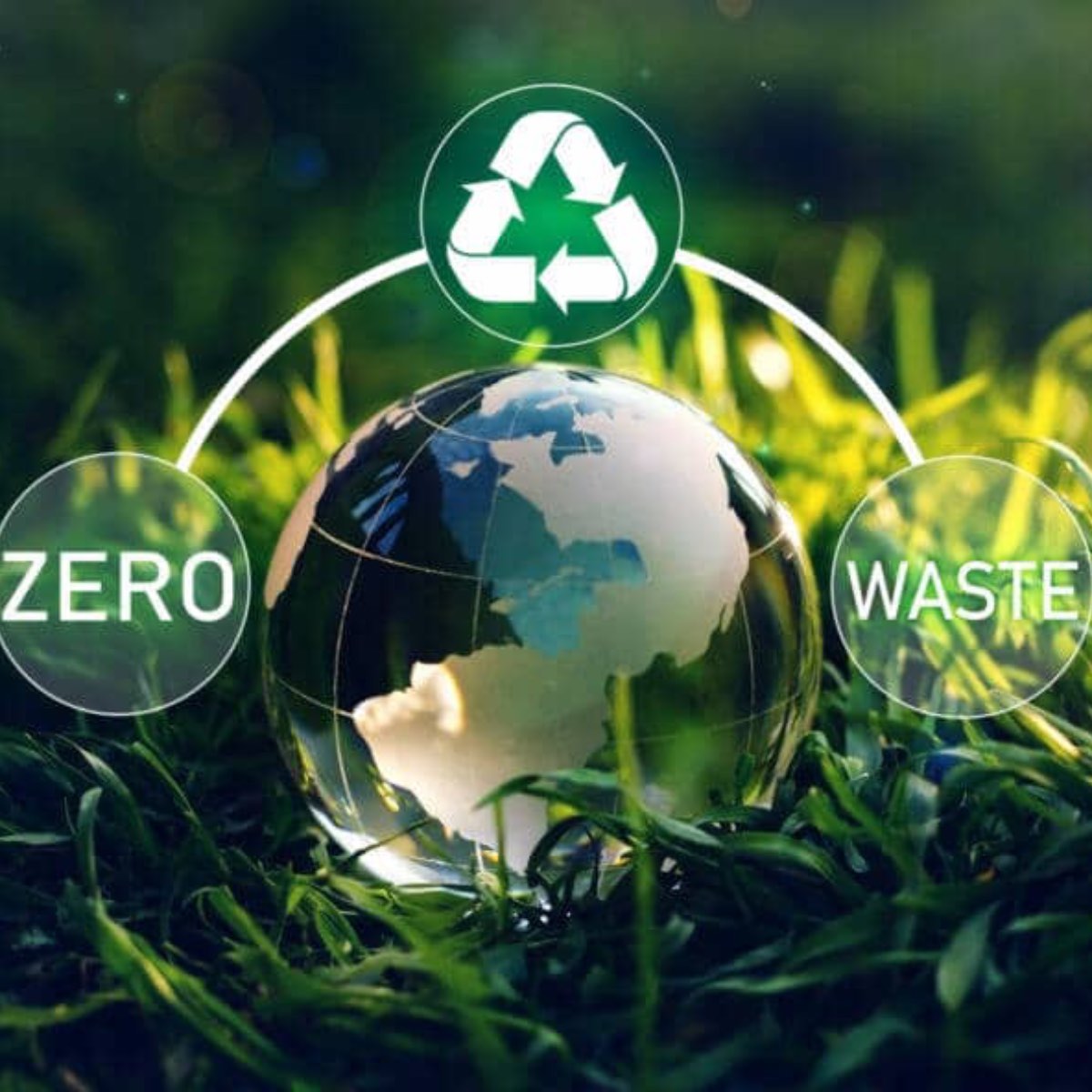Our planet faces increasing challenges, and embracing sustainable practices is more crucial than ever. Reducing waste is a significant step towards a healthier future, and that’s where your zero waste starter kit comes in. This guide serves as your practical companion on your journey towards a more sustainable lifestyle. We’ll explore essential items and habits that can seamlessly integrate into your daily routine, helping you minimize your environmental footprint and contribute to a positive change. Are you ready to embark on this exciting journey? Let’s dive in and explore the world of zero waste living with your starter kit as your guide!
Check out this awesome readymade zero waste started kit by clicking here.
Your Zero Waste Starter Kit: A Beginner’s Guide to Sustainable Living

Embracing a Sustainable Future
Zero Waste: A Lifestyle Choice:
Our planet faces a growing challenge: waste. Zero waste living aims to minimize this impact by focusing on reducing, reusing, and recycling as much as possible. This approach promotes a responsible and mindful way of living that benefits both the environment and ourselves.
The Power of Sustainability:
By embracing sustainable practices and reducing waste, we contribute to a healthier planet for ourselves and future generations. We conserve valuable resources, minimize pollution, and promote a more environmentally conscious way of life.
Your Starter Kit to Sustainability:
This zero waste starter kit serves as your practical guide to begin your journey towards a more sustainable lifestyle. We’ll explore essential items and practices that can easily integrate into your daily routine, helping you reduce your environmental footprint and embrace a positive change for the future.
Check out this awesome readymade zero waste started kit by clicking here.
Understanding Zero Waste: Embracing a Sustainable Future
Embracing the Zero Waste Philosophy:
Zero waste is a philosophical approach and a lifestyle movement that aims to eliminate waste as much as possible. This is achieved by focusing on the five Rs:
- Refuse: Say no to unnecessary items, like single-use plastics.
- Reduce: Minimize your consumption and avoid unnecessary purchases.
- Reuse: Give items a second life by finding new uses for them.
- Recycle: Properly recycle materials that cannot be reused.
- Rot: Compost organic waste to create nutrient-rich soil.
The Environmental Cost of Waste:
Our current waste generation practices have a significant negative impact on the environment. Landfills overflow, polluting the land and releasing harmful methane gas. Plastic pollution contaminates our oceans, harming marine life and entering the food chain. By reducing waste, we can minimize these harmful effects and contribute to a healthier planet.
The Power of the 3 Rs: Reduce, Reuse, Recycle:
Reducing our consumption minimizes the environmental impact associated with production and transportation. Reusing existing items extends their lifespan and conserves resources. Recycling transforms waste into new products, minimizing the need for virgin materials. By prioritizing these practices, we can conserve resources, reduce pollution, and promote a more sustainable future.
Building Your Zero Waste Starter Kit: Essential Steps to Sustainability
Your zero-waste starter kit provides essential tools to integrate sustainable practices into your daily routine. Here are key items to consider:
Reusable Water Bottle
- Ditch single-use plastic bottles and invest in a durable, reusable water bottle. Opt for stainless steel or glass for a healthy and eco-friendly choice.
- Carry your water bottle with you wherever you go, eliminating the need to purchase bottled water and reducing plastic waste.
Reusable Shopping Bags
- Say goodbye to plastic bags at the grocery store. Carry reusable canvas or cloth bags for your shopping trips.
- Choose bags that are sturdy and easy to clean, ensuring long-term use.
Stainless Steel Straw
- Skip disposable straws and opt for a reusable stainless steel straw. This eliminates single-use plastic waste and is a durable and hygienic alternative.
- Consider carrying your straw with you when dining out to avoid using plastic straws offered by restaurants.
Bamboo Utensils
- Replace disposable plastic utensils with a bamboo cutlery set. Bamboo is a renewable and biodegradable resource, making it a sustainable choice.
- Carry your bamboo utensils with you when eating on-the-go, avoiding the need for plastic cutlery.
Glass Food Containers
- Pack your lunch and leftovers in reusable glass containers instead of single-use plastic wrap or containers.
- Glass containers are durable, healthy, and easy to clean, making them a perfect choice for storing and transporting food.
Cloth Napkins
- Ditch paper towels and use reusable cloth napkins for drying dishes, cleaning spills, and wiping your hands.
- Opt for washable and long-lasting napkins to minimize waste and add a touch of style to your kitchen.
Compost Bin
- Start composting your food scraps and yard waste to create nutrient-rich soil for your garden or plants. Composting reduces landfill waste and provides a natural fertilizer for your homegrown produce.
These are just a few essential items to get you started on your zero-waste journey. By incorporating these practices, you can significantly reduce your environmental footprint and embrace a more sustainable lifestyle. Remember, every small step counts!
Check out this awesome readymade zero waste started kit by clicking here.
Embracing Zero Waste: Beyond the Starter Kit
Your zero-waste starter kit empowers you to take concrete steps towards sustainability. Here are some additional tips to maximize its impact:
Make reusables a habit: Carry your reusable items like water bottles, shopping bags, and utensils with you whenever you go. This ensures you always have eco-friendly alternatives readily available, minimizing the temptation to use disposables.
Consume consciously: Practice mindful consumption by avoiding impulse purchases and focusing on need over want. Consider the environmental impact of your purchases and opt for durable, reusable options whenever possible.
Share the knowledge: Educate others about the benefits of zero waste living. Talk to your family, friends, and community about your journey and the positive impact of sustainable practices. Inspire others to join the movement and contribute to a collective effort towards a greener future.
Continuous improvement: Embrace a growth mindset and continuously evaluate your habits. Look for additional ways to reduce waste in your daily routine. Explore options like buying in bulk, repairing broken items instead of replacing them, and borrowing or renting instead of buying for infrequent use. Remember, every small step counts, and your commitment to sustainability makes a difference.
Check out this awesome readymade zero waste started kit by clicking here.
Embracing a Sustainable Future: Your Zero Waste Journey Starts Now
Your zero-waste starter kit, equipped with essential reusable items like water bottles, shopping bags, and food containers, empowers you to take concrete steps towards a more sustainable lifestyle.
Remember, the journey towards zero waste is a continuous process of learning and improvement. By incorporating these practices, embracing mindful consumption, and continuously seeking ways to reduce waste, you can significantly lessen your environmental impact.
Every small change you make adds up, creating a collective ripple effect towards a healthier planet for ourselves and future generations. Take the first step today and embrace a sustainable future, one mindful choice at a time.
Check out this awesome readymade zero waste started kit by clicking here.
Check out more eco friendly products here.


